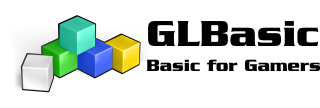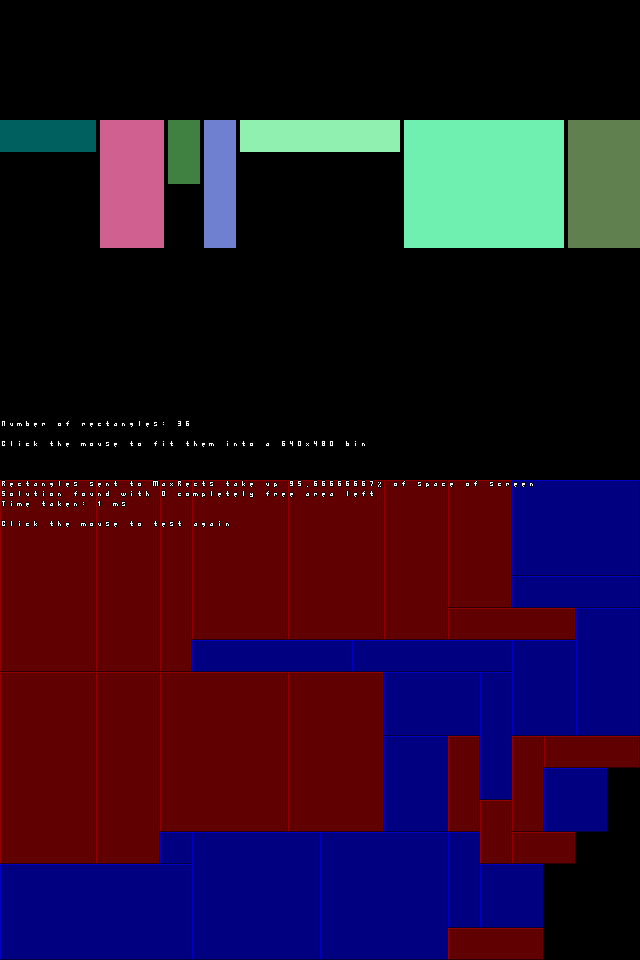You've all probably taken a lot of 'thinking style' quizzes online or have a sense of your preferred approach to learning and thinking from education.
So, what kind of thinker are you? What are your habits, strengths and weaknesses when it comes to problem solving? How does this manifest when it comes to coding?
Here is a quick thinking style quiz if you want to take one: http://www.bbc.co.uk/science/leonardo/thinker_quiz/
So, what kind of thinker are you? What are your habits, strengths and weaknesses when it comes to problem solving? How does this manifest when it comes to coding?
Here is a quick thinking style quiz if you want to take one: http://www.bbc.co.uk/science/leonardo/thinker_quiz/







